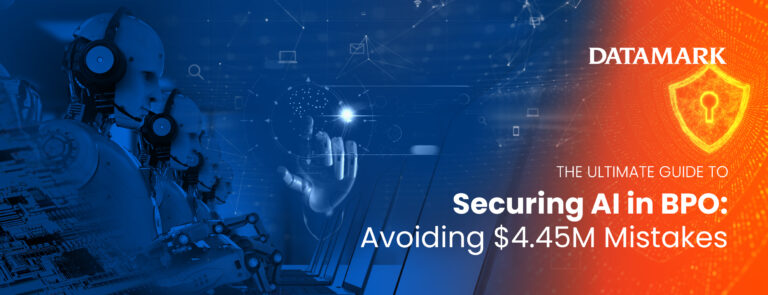
What Is the Difference Between A CX Supplier And A CX Partner?
When a company seeks assistance in enhancing or transforming its customer service processes, it often explores the offerings from specialists in the field. This is precisely the realm where DATAMARK is concentrated. Offering us a wealth of insights to articulate best practices in designing the optimal customer experience (CX) for our clients.
However, any management consultant can create a checklist describing the basic selection strategy to use when searching for a customer service specialist. The typical checklist will feature questions or criteria, such as experience in the client’s industry, how performance is measured and reported, and their cost structure.
Some articles over the Internet repeat this advice, but finding and selecting a company that will manage your customer experience unlike any other purchase your business will make. It’s not a one-off purchase. It is an ongoing relationship that should develop over many years with a partner who will be the public face of your brand.
This is not a decision to be taken lightly and certainly not based on a list of variables that probably don’t measure what you want from the relationship anyway.
Here are three different areas focus and explore in more depth with any potential CX partner:
Culture
Does their corporate culture match yours? What is their approach to Environmental, Social, and Corporate Governance (ESG) policies? Would a partnership with this business give your own ESG credibility a boost?
Are their employees generally happy and engaged? Is their tenure longer than the industry average? Engaged employees in this industry translate into a better customer experience and less attrition – therefore, less of a requirement to constantly hire to stand still.
When employees are engaged and interested in their jobs, they really deliver for the end customer, so never underestimate the value of culture.
Approach To Customer Experience
This might sound obvious. Surely any company focused on delivering a great customer experience is focused on customer experience?
The question is more, what is their approach to CX? Do they explore what is coming next? Can they be your eyes and ears into the future of what your customers will want and expect next year?
Are they already augmenting their contact center with artificial intelligence tools?
Are they focused more on customer lifetime value than getting customers off the line as quickly as possible? This is also an important cultural point. It asks if their approach is to help your customers for today or for the next 30 years?
Communication
This is really the question of whether you work with a big or small CX specialist. The biggest players have hundreds of thousands of contact center agents in 100+ countries worldwide. You might get the number of an account manager, but unless you are the largest company in the world, that is about as good as your access will ever be.
Some companies may want or need that scale. Still, in most cases, communication between the client and the CX specialist will be much better when the specialist is slightly smaller – more focused on your area of business.
When you can pick up the phone and talk to director-level managers or even the CEO, you know that your business matters and your needs will be a priority.
Bottom Line?
Naturally, some of the priorities on the management consultant list will always be important. You need to check on the price, service quality, level of data security, and so on. However, if these other factors are not resolved it will be tough to build a long-term trusted relationship.
This is what you need from a CX partner. A CX specialist who will become your public face will advise you on what your customers expect. Additionally, they will always have one eye on the future and what the competition is doing.
What do you think about the difference between finding a CX supplier and finding a CX partner? Follow our LinkedIn company page to always see our articles in your newsfeed. Click here to visit our website.




